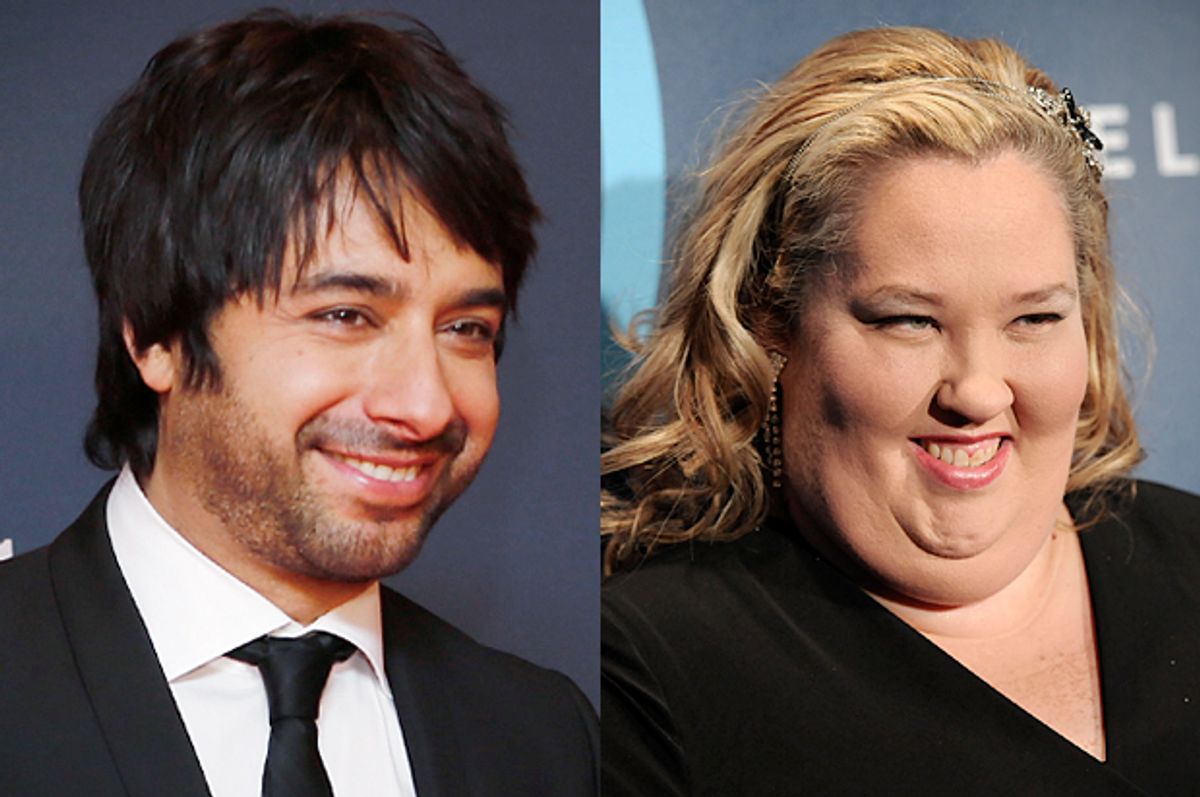The full facts of what truly happened between Canadian radio personality Jian Ghomeshi and the three women who claim he "physically attacked them without consent" – claims that led to the "Q" show host's abrupt firing Sunday – are currently being hashed out in the court of public opinion. According to Canada's the Star, the women say Ghomeshi "struck them with a closed fist or open hand; bit them; choked them until they almost passed out; covered their nose and mouth so that they had difficulty breathing; and that they were verbally abused during and after sex." On Facebook, Ghomeshi says his relationships have included "adventurous forms of sex that included role-play, dominance and submission" but that the activity was always consensual – and he's launching a $50 million lawsuit against the CBC over "breach of confidence and bad faith" to back it up. But of this much we can be absolutely certain: A person's fame, status and perceived likability do not have any bearing on whether he or she is either a victim or a perpetrator. Period.
The rumors about Ghomeshi had already drawn sharp division lines between the supporters of Ghomeshi and the supporters of his accusers long before this recent bombshell. Yet what's fascinating and unsurprising and terrible about the reporting of the latest turns in the story thus far is the response to the women. The Star says that "None of the women filed police complaints and none agreed to go on the record," in part because of the brutal response last year after writer Carla Ciccone posted a veiled story about her bad outing with the 15 years older host of "a successful radio show in Canada." In it she described an evening in which "I felt a sweaty hand travel across the back of my dress and grab my ass" among other creepy moves. And for her public disclosure of the event, she received a whole lot of commentary about how her story "doesn't pass the sniff test," as well as what the Star describes, horribly enough, as "vicious Internet attacks." So why, in what looks like a terribly misguided attempt to lend credibility to Ghomeshi's new accusers who spoke to the paper at length anonymously, did it need to describe them as "all educated and employed"? Does education or employment status have anything to do with whether you should be believed when you say someone punched you?
That line of thinking feels particularly acute and insulting lately, in light of the explosive allegations that "Here Comes Honey Boo Boo" matriarch "Mama June" Shannon has been involved with a convicted child molester – and Shannon's daughter Anna's claim that the man in question sexually abused her. It feels pointed because you can't wade into that story for a minute without hearing or reading the phrase "trailer trash."
Admittedly, "trashy" was an image that TLC and the Shannon family carefully cultivated during the run of the now-canceled series. But while the idea that anyone -- but in particular a mother of a girl who was part of the indictment against a man -- would associate with a known sexual abuser is unquestionably repellent, it isn't anything to do with social class. And it profoundly compounds the many problems we have in our culture around what we believe about abuse when we perpetuate the idea that being poor and uneducated makes somebody likelier to be bad, and being better off makes someone likelier to be good and truthful.
Individuals of all social classes, education levels and economic statuses can commit sexual abuse, and they can be the victims of it. So when we talk about the Ghomeshi story or the June Shannon one – or any of the multitude of other stories out there involving accusations and conflicting narratives – let's try not to conflate class with credibility or lack thereof. To do so furthers the idea that there's only one kind of victim, only one kind of perpetrator. And whatever else the facts of both stories are, that much is a dangerous, persistent lie.

Shares